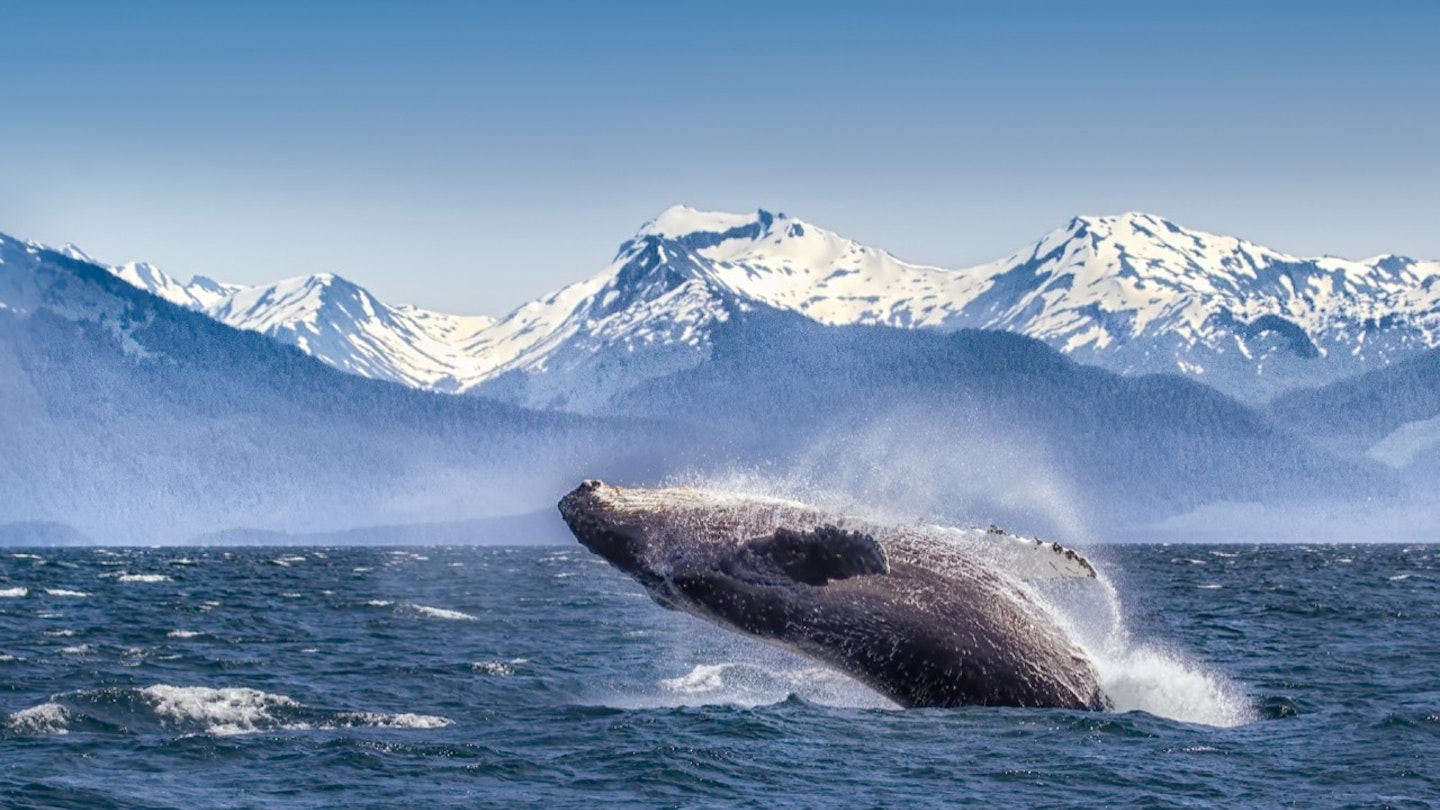Restoring the World’s Oceans by 2050
Scientists have predicted that the world’s oceans could be restored to their former glory within 30 years, reporting a recovery of sea life across the globe.

Overfishing, pollution, and destruction of coastal habitats have taken a toll on oceans for generations. However, recent conservation victories indicate that there is potential to restore marine life fully by 2050. This restoration could enhance food provision, protect coastal areas, and contribute to reversing climate change. The recovery program requires significant investments in ocean protection, pollution control, and sustainable fishing practices, yet scientists forecast that the benefits would outweigh the costs by tenfold.
The review published in the journal Nature emphasizes the urgency of addressing the growing climate crisis to safeguard oceans. Moreover, there is an expanding recognition of the ability of oceans and coastal habitats to absorb carbon dioxide and shield coastlines from rising sea levels.
Professor Carlos Duarte from King Abdullah University of Science and Technology in Saudi Arabia, who led the review, underscores the importance of this moment: “We have a narrow window of opportunity to deliver a healthy ocean to our grandchildren, and we have the knowledge and tools to do so.”

The review highlights positive trends, finding that fishing practices are becoming more sustainable and the destruction of vital coastal habitats, such as mangroves and seagrass meadows, has significantly decreased. Notable success stories include the rebound of humpback whale populations, which have risen from just a few hundred in 1968 to over 40,000 today, as well as sea otters in western Canada, whose numbers have surged from dozens in 1980 to thousands today.
Nevertheless, challenges remain; overfishing continues to devastate many regions, pollution still flows into oceans, and water temperatures are reaching alarming heights. On a positive note, restorative practices are gaining traction—from oyster beds that help purify large volumes of water to the establishment of protected marine areas that enhance fishery yields elsewhere.
In conclusion, scientists maintain that fully restoring the world’s oceans by 2050 is indeed a formidable challenge. However, with a concerted global effort towards conservation, this ambitious goal is within reach.




